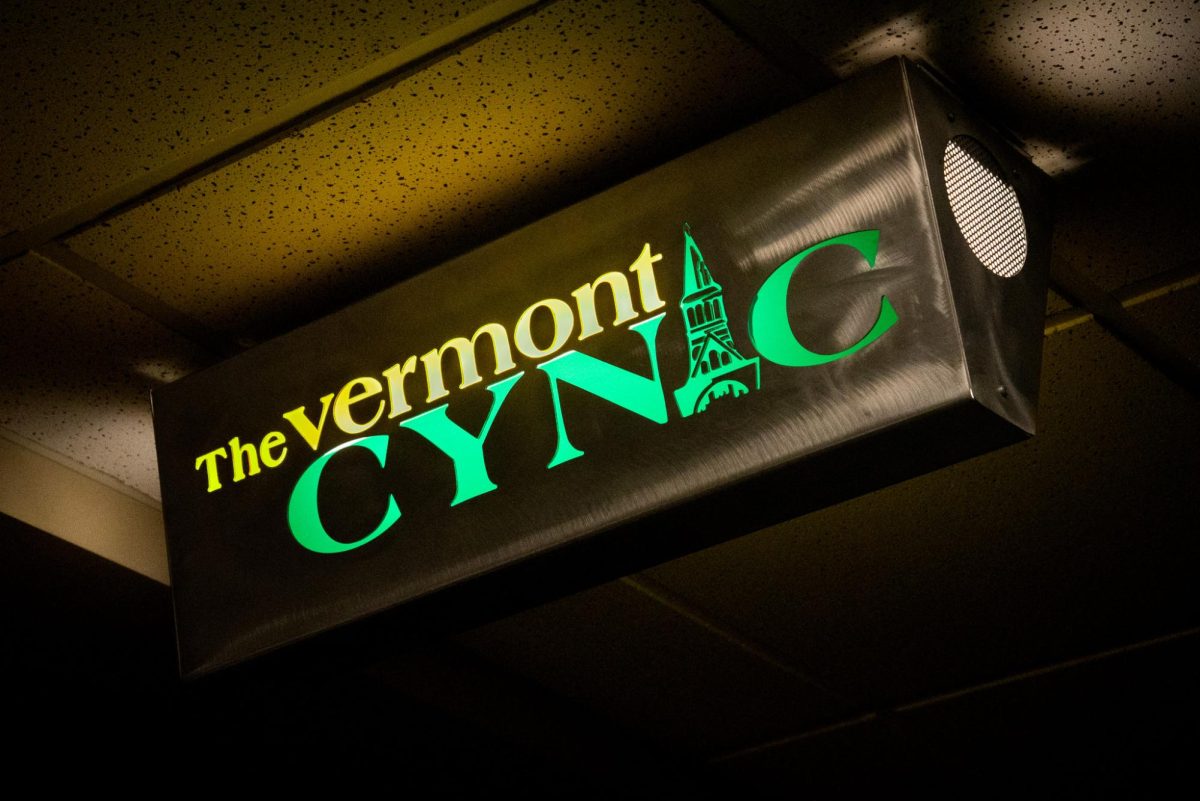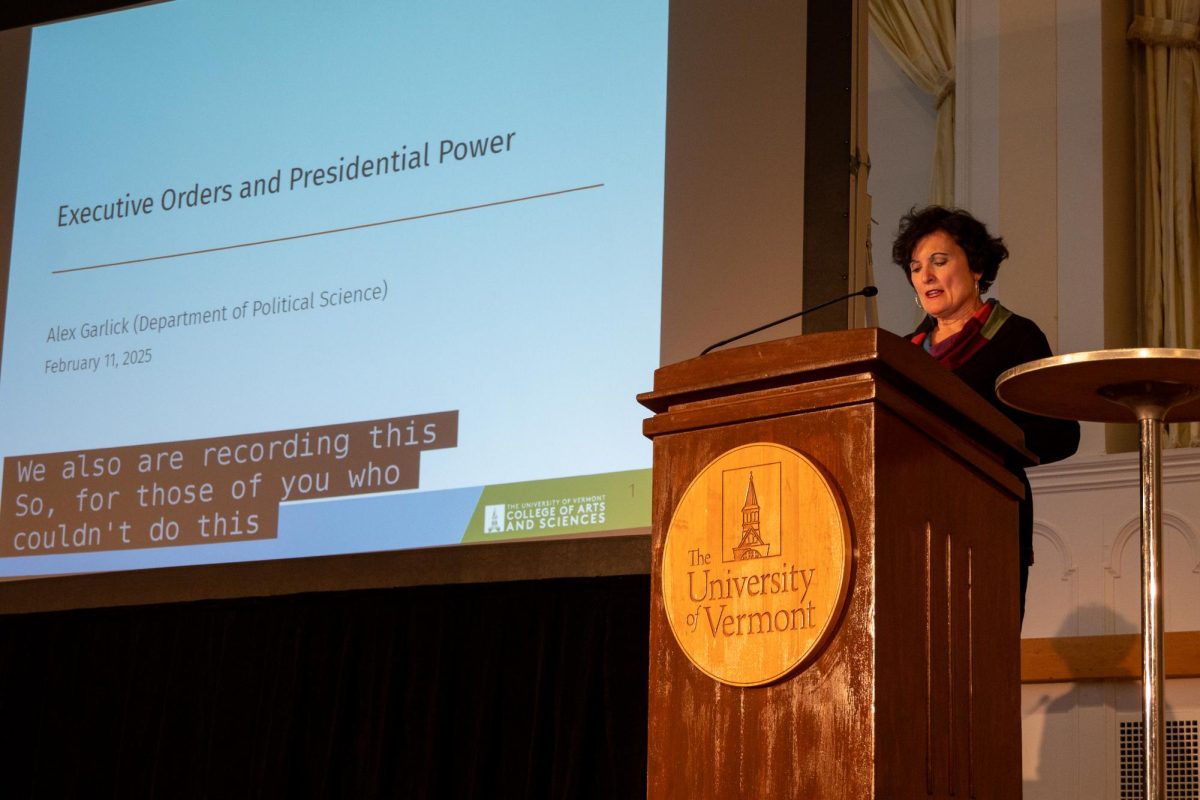Students raised their voices in protest against the Dakota Access Pipeline Sept. 21 in front of the Bailey/Howe Library.
The speak-out was organized by the International Socialist Organization to show solidarity with the Standing Rock Sioux tribe.
“This is an attack on indigenous rights and it’s a further development of fossil fuel infrastructure, so it’s an environmental issue as well,” senior Owen La Farge, an ISO member, said.
The Dakota Access Pipeline is a 1,172 mile crude oil pipeline that will run through Lakota Treaty Territory in North Dakota upon its intended completion at the end of the year, according to the project’s website.
The pipeline was approved in July to run through native ancestral lands, as well as the Standing Rock Sioux Reservation drinking water supply, according to a Sept. 20 Washington Post article.
This approval came despite concerns from the American Council on Historic Preservation and the Tribal Historic Preservation Office, according to the article.
“If [the oil industry] were to build on one of our memorials in Washington D.C. or a veterans’ cemetery, we would never hear the end of it,” first-year Kelsey Aaron, a member of the ISO and a speaker at the protest, said.
Aaron said she thinks the oil industry would be shut down if a pipeline were built on a memorial.
“What we’re doing to them is the same thing,” she said.
Repeated historical infringement on minority, specifically Native American, rights were the main reasons for the protest, according to the ISO.
This is an issue that “hits home” for junior Hailey Moll, vice president of Amnesty International, an organization that fights injustice and promotes human rights.
“It’s relevant from an environmental, cultural and human rights standpoint,” Moll said, “and it’s important to speak up and protest because so many people may feel the same sentiment but don’t realize there are things you can do.”
Moll highlighted the different ways people can speak out in protest.
“You can write letters and speak to your congressperson when it comes to things like this,” she said. “It doesn’t take many people to organize it.”
The ISO is trying to create a culture of student activism and protest on campus, LaFarge said.
“There are a lot of things that are fucked up at the moment, so protesting pretty much any of them is important,” senior Calum Buchanan said.














